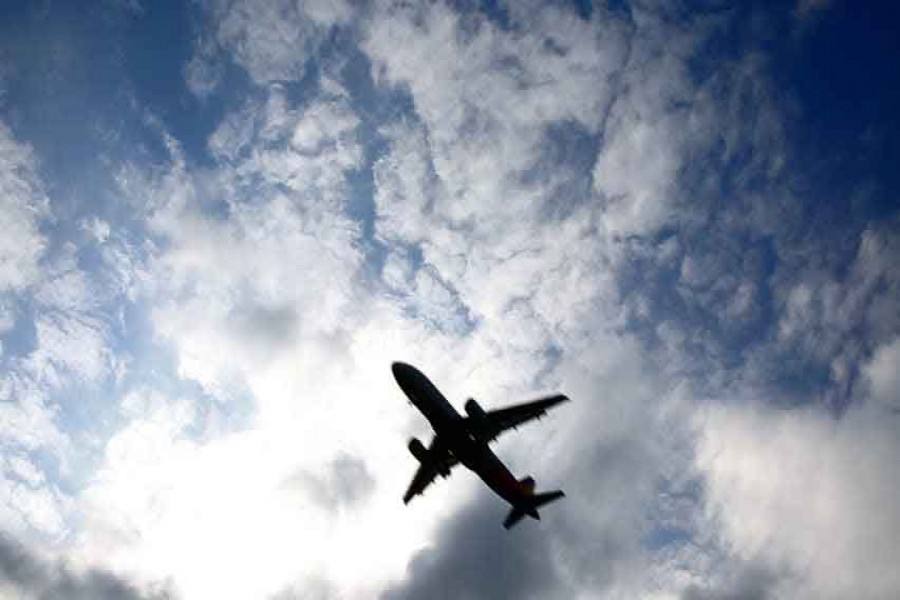Sound pollution on roads and streets is one factor that has turned big cities, especially in the developing world, 'worst livable' ones. Added to this is the hell that is now breaking loose in the sky of these cities - both in developing and developed ones - due to continuous noise being created by countless number of aircrafts.
A large-scale statistical analysis of the health effects of aircraft noise was undertaken in the late 2000s. Bernhard Greiser of the Umweltbundesamt, Germany's central environmental office, made the analysis. The health data of over one million residents around the Cologne airport were analysed for health effects correlating with aircraft noise. The German study concluded that aircraft noise clearly and significantly impairs health. For example, a day-time average sound pressure level of 60 decibels increases coronary heart disease by 61 per cent in men and 80 per cent in women. As another indicator, a night-time average sound pressure level of 55 decibels increases the risk of heart attacks by 66 per cent in men and 139 per cent in women.
However, statistically significant health effects does start as early as from an average sound pressure level of 40 decibels. US Federal Aviation Administration (FAA) says that a maximum day-night average sound level of 65 decibels is incompatible with residential communities. Communities in affected areas may be eligible for mitigation such as soundproofing. Noise associated with aircraft does not only affect people on the ground, but also those within the aircraft.
At Heathrow, Gatwick and Stansted Airports in London, UK and Frankfurt Airport in Germany, night flying restrictions apply to reduce noise exposure at night. A series of trials were undertaken at London's Heathrow Airport as part of the UK's "Future Airspace Strategy", and the Europe-wide "Single European Sky" modernisation project. The trials demonstrated that using satellite-based navigation systems it was possible to offer noise relief to more surrounding communities, although this led to a significant unexpected rise in noise complaints due to the concentrated flight paths. Noise relief could be enhanced by switching flight paths, for example by using one flight path in the morning and another in the afternoon.
Here in Bangladesh, the Civil Aviation Authority of Bangladesh (CAAB) is manned by qualified people. Most of them have higher aeronautical degrees and should be fully aware of the dangers of noise pollution. But CAAB does not seem to be concerned about aircraft noise in Dhaka's sky which has of late made the city residents restless.
There are different kinds of health consequences of elevated sound levels. Elevated workplace or other noise can cause hearing impairment, hypertension, ischemic heart disease, annoyance, sleep disturbance, and decreased school performance. Although some hearing loss occurs naturally with age, in many developed and undeveloped nations the impact of noise is sufficient to impair hearing over the course of a lifetime. Moreover, elevated noise levels can create stress, increase workplace accident rates, and stimulate aggression and other kinds of anti-social behaviour. Airport noise has also been linked to high blood pressure.
The writer is a retired Professor of Economics, BCS General Education Cadre.


